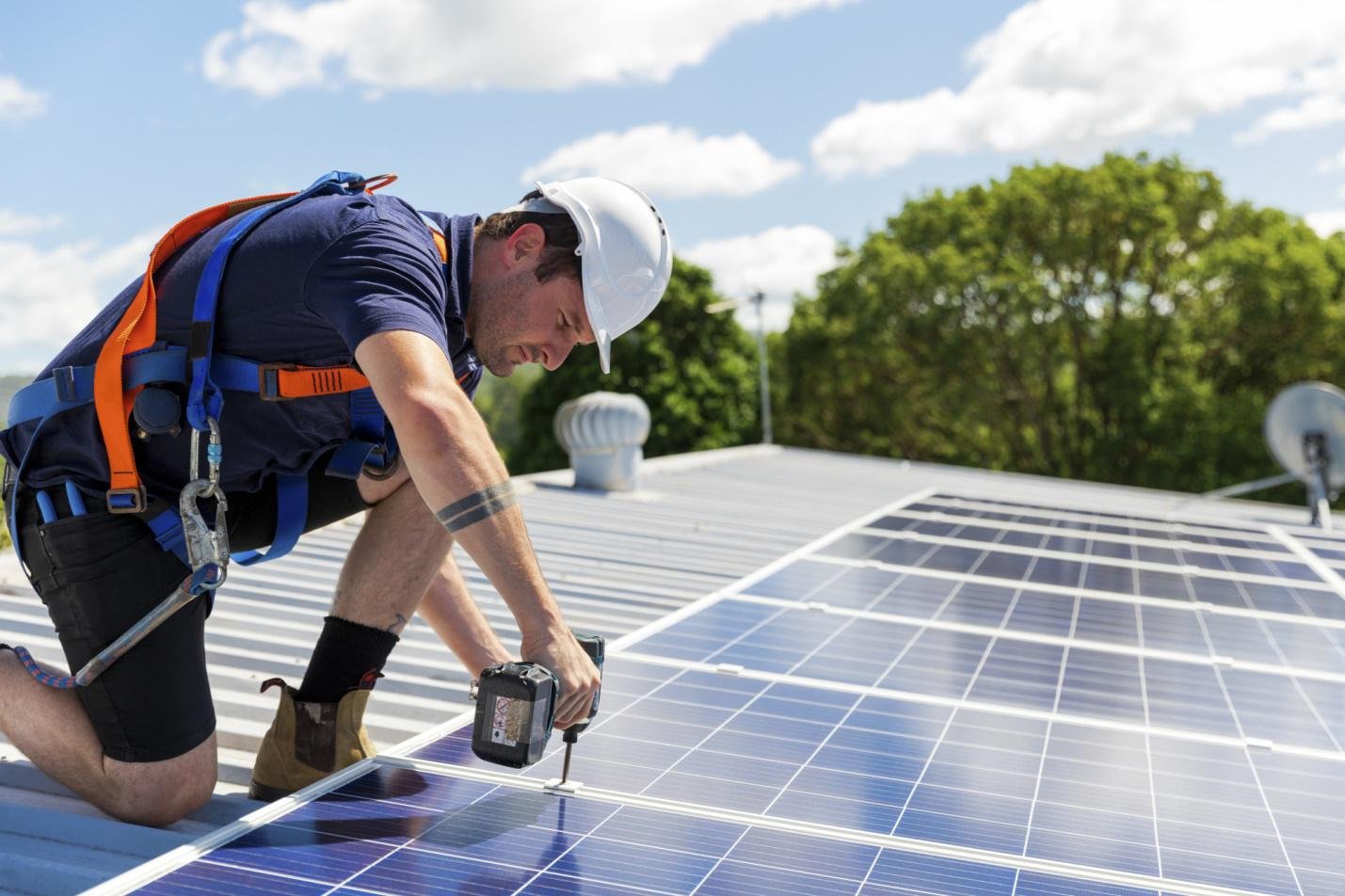Are you also considering renewable energy?
Around 46% of American homeowners are seriously considering buying solar panels for their homes. But, despite the trend, it’s best not to rush headfirst into solar energy.
In this guide, we’ll discuss five factors to consider when going solar. Read on to learn more ways of going green today.
1. Your Location
Most people think solar systems are only for warm places. In reality, states without a lot of sunlight, like Massachusetts, greatly invested in solar power. If you live in an area with at least four hours of sunlight, investing in solar energy is viable.
2. Power Consumption
Even if you’re located in an ideal place for solar power, a low electric bill won’t justify buying a solar system. Factor in the cost of electricity in your area. A good method is searching Google with the phrase “how much does solar save?”
Aside from the price rate, consider how much energy you consume monthly. Even if you live in areas charging expensive electric bills, solar may not be practical if you don’t use a lot of power. But, in general, if you spend over $75 on the electricity bill, turning to renewable energy like solar is ideal.
3. Costs of Solar Panels in Your Area
As with any other home improvement, it’s wise to consider how much you’ll invest in sustainable energy. Factor in the number of necessary panels for your house and the cost of installation. As we mentioned, a good location means getting lesser panels.
Meanwhile, the average cost of solar energy systems for a median-sized American home is $20,000. Thanks to federal policy, homeowners opting to install a solar system from 2020 to 2022 will receive a 26% federal tax credit.
If you buy a system worth $20,000, you’ll subtract $5,200 on your federal tax within that year. Delaying the installation in 2023 decreases the tax credit to 22%. To save more, contact a local solar company as early as possible.
4. Consider the Type of Solar Panels When Going Green
The cost of your solar system will also depend on the type of solar panel you get. So first, consider the type of device you’ll use to take advantage of renewable resources like the sun. For solar panels, choose between photovoltaic and solar thermal panels.
You’ll also have to think about the aesthetics and brand of the system. To name a few, homeowners can choose from blue or black panels, solar shingles, and mounted panels.
5.Warranty
Consider how long solar energy systems last and the warranty as a precaution for future events. Aside from a solar secure system warranty of five years, you must get a 25-year warranty for panel performance. Meanwhile, the string inverter warranty must be at least 5 to 10 years and 12 to 25 years on the microinverter.
Go Green with Solar Energy Today
Aside from being eco-friendly, going green comes with a lot of financial benefits. Contact your local solar company now to start reaping these advantages. Delaying further will only decrease your money savings.
Why stop your learning here?
If you found this guide helpful, consider reading our other posts to expand your knowledge now.







